Home / west-bengal / Murshidabad Violence: Waqf Law Sparks Unrest Across West Bengal
Murshidabad Violence: Waqf Law Sparks Unrest Across West Bengal
By: My India Times
2 minutes read 35Updated At: 2025-04-15
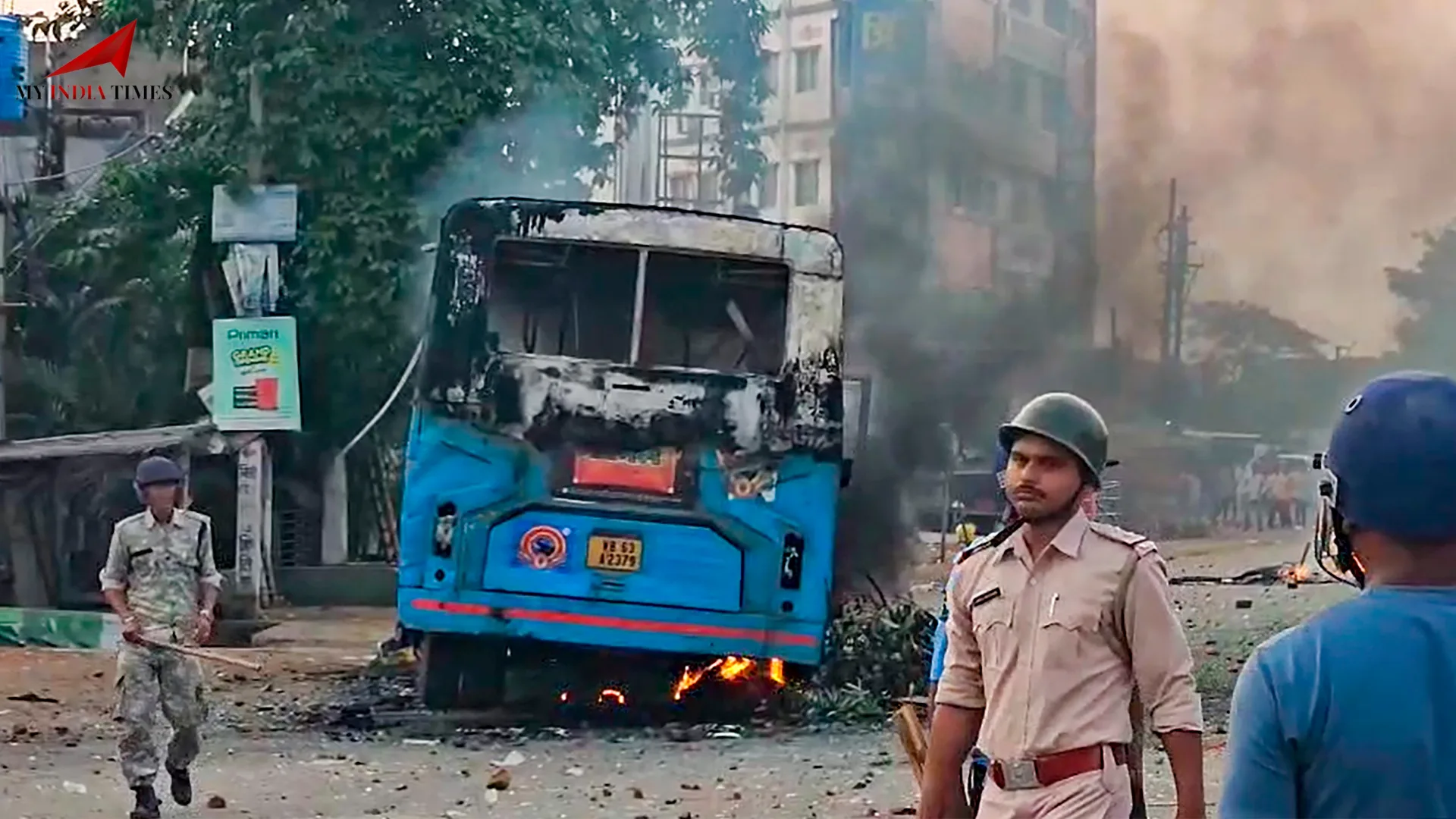
The Waqf (Amendment) Act, 2025 has become a hot topic across the country, especially in West Bengal where tensions have turned into violent protests. this new law that passed in Parliament aimed at making things clearer and better managed when it comes to Waqf properties. But, not everyone is on board with it. In places like Murshidabad, folks are out there protesting because they're worried this law might take away their rights to religious properties.
Violence and Clashes in Murshidabad
The situation has worsened in the last few days. Peaceful demonstrations turned violent in areas like Dhuliyan, Shamsherganj, Suti, and Jangipur. Reports say three people have died, including a child, and over 200 people have been arrested. Trains have been blocked, police vehicles set on fire, and internet services suspended in many areas to control the situation.
Why Only Bengal Is Burning
Surprisingly, while states like Uttar Pradesh, Bihar, and Maharashtra – which also have large Muslim populations – have stayed calm, the violence has erupted only in parts of Bengal. experts are saying this whole situation might not be just about religion or law. It looks like it’s more tied up in local politics. With elections coming up in West Bengal, it seems like political parties are really trying to use this issue to sway voters.
Political Reactions and Election Angle
The ruling TMC has openly said it won’t allow this law to be implemented in the state, while the BJP is criticizing the Mamata government for not maintaining law and order. Intelligence reports also suggest that social media apps like WhatsApp, Telegram, and Signal are being used to spread messages and organize protests, similar to what happened during the anti-CAA protests in 2019.
The Main Concerns With the Law
Many believe that people are being misled about the law. For instance, one clause allows non-Muslim members to be a part of Waqf Boards, which some say interferes with religious autonomy. Others are worried that giving district collectors the power to decide ownership of Waqf properties could lead to unfair land seizures.
Legal Challenges and Fear Among Citizens
The Indian Union Muslim League (IUML) has already challenged this law in the Supreme Court, calling it unconstitutional. But instead of taking legal steps, some groups are pushing people onto the streets, causing fear and loss of life. Hindu families in Murshidabad are reportedly fleeing due to safety concerns, and the entire atmosphere has become tense.
The Need for Peace and Legal Resolution
What’s important to understand is that the law doesn’t target any community. It’s meant to stop illegal encroachments and make sure that Waqf properties are being used properly for the benefit of the community. If there are issues with the law, the right way to deal with it is through legal and peaceful means, not through violence.
....The Waqf (Amendment) Act, 2025 has become a hot topic across the country, especially in West Bengal where tensions have turned into violent protests. this new law that passed in Parliament aimed at making things clearer and better managed when it comes to Waqf properties. But, not everyone is on board with it. In places like Murshidabad, folks are out there protesting because they're worried this law might take away their rights to religious properties.
Violence and Clashes in Murshidabad
The situation has worsened in the last few days. Peaceful demonstrations turned violent in areas like Dhuliyan, Shamsherganj, Suti, and Jangipur. Reports say three people have died, including a child, and over 200 people have been arrested. Trains have been blocked, police vehicles set on fire, and internet services suspended in many areas to control the situation.
Why Only Bengal Is Burning
Surprisingly, while states like Uttar Pradesh, Bihar, and Maharashtra – which also have large Muslim populations – have stayed calm, the violence has erupted only in parts of Bengal. experts are saying this whole situation might not be just about religion or law. It looks like it’s more tied up in local politics. With elections coming up in West Bengal, it seems like political parties are really trying to use this issue to sway voters.
Political Reactions and Election Angle
The ruling TMC has openly said it won’t allow this law to be implemented in the state, while the BJP is criticizing the Mamata government for not maintaining law and order. Intelligence reports also suggest that social media apps like WhatsApp, Telegram, and Signal are being used to spread messages and organize protests, similar to what happened during the anti-CAA protests in 2019.
The Main Concerns With the Law
Many believe that people are being misled about the law. For instance, one clause allows non-Muslim members to be a part of Waqf Boards, which some say interferes with religious autonomy. Others are worried that giving district collectors the power to decide ownership of Waqf properties could lead to unfair land seizures.
Legal Challenges and Fear Among Citizens
The Indian Union Muslim League (IUML) has already challenged this law in the Supreme Court, calling it unconstitutional. But instead of taking legal steps, some groups are pushing people onto the streets, causing fear and loss of life. Hindu families in Murshidabad are reportedly fleeing due to safety concerns, and the entire atmosphere has become tense.
The Need for Peace and Legal Resolution
What’s important to understand is that the law doesn’t target any community. It’s meant to stop illegal encroachments and make sure that Waqf properties are being used properly for the benefit of the community. If there are issues with the law, the right way to deal with it is through legal and peaceful means, not through violence.
By: My India Times
Updated At: 2025-04-15
Tags: west-bengal News | My India Times News | Trending News | Travel News
Join our WhatsApp Channel




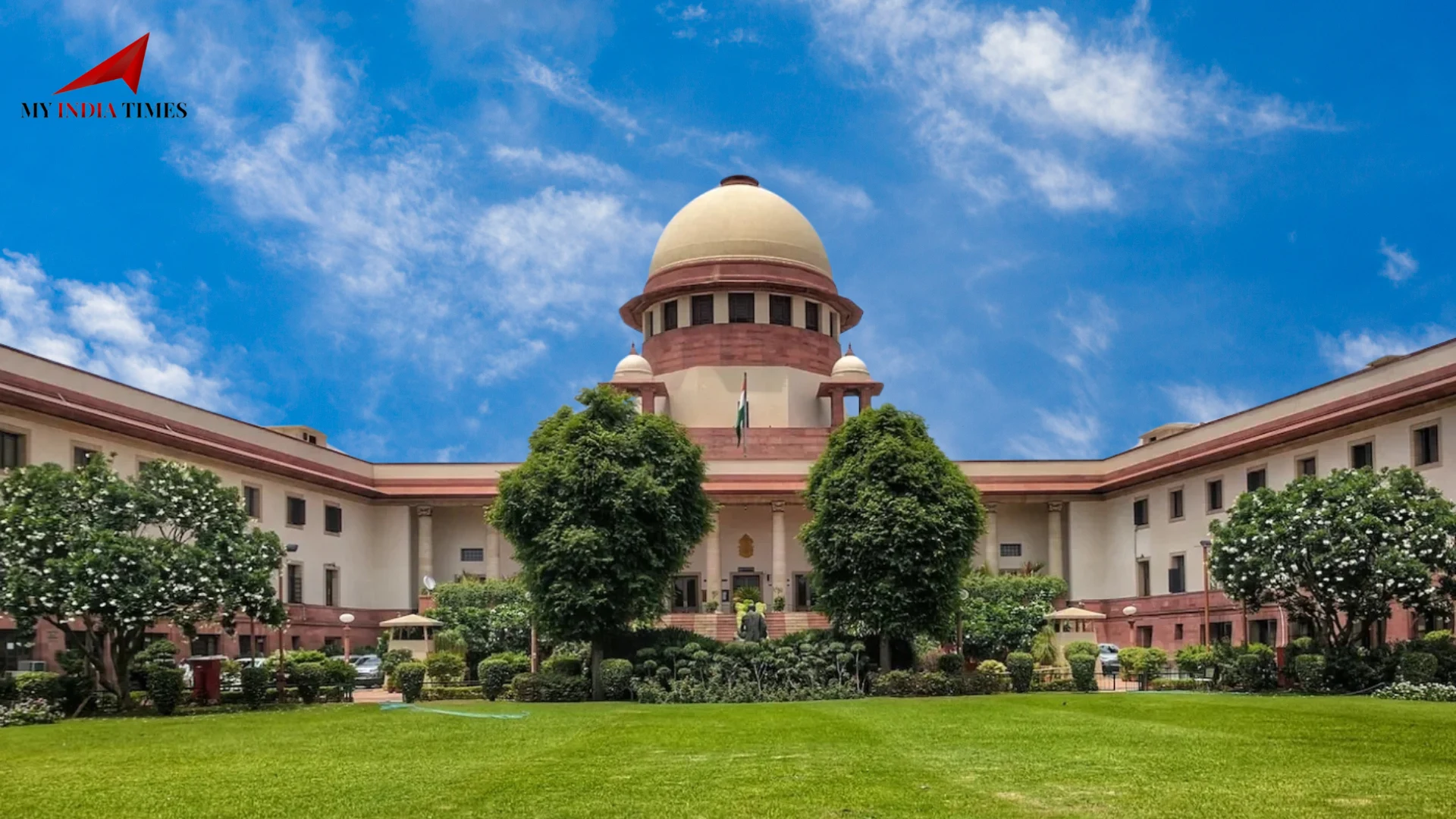


.webp)

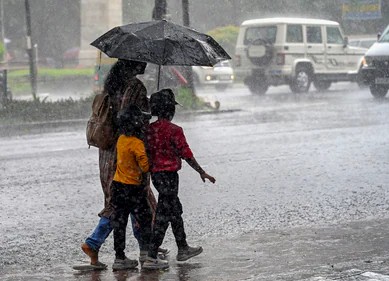


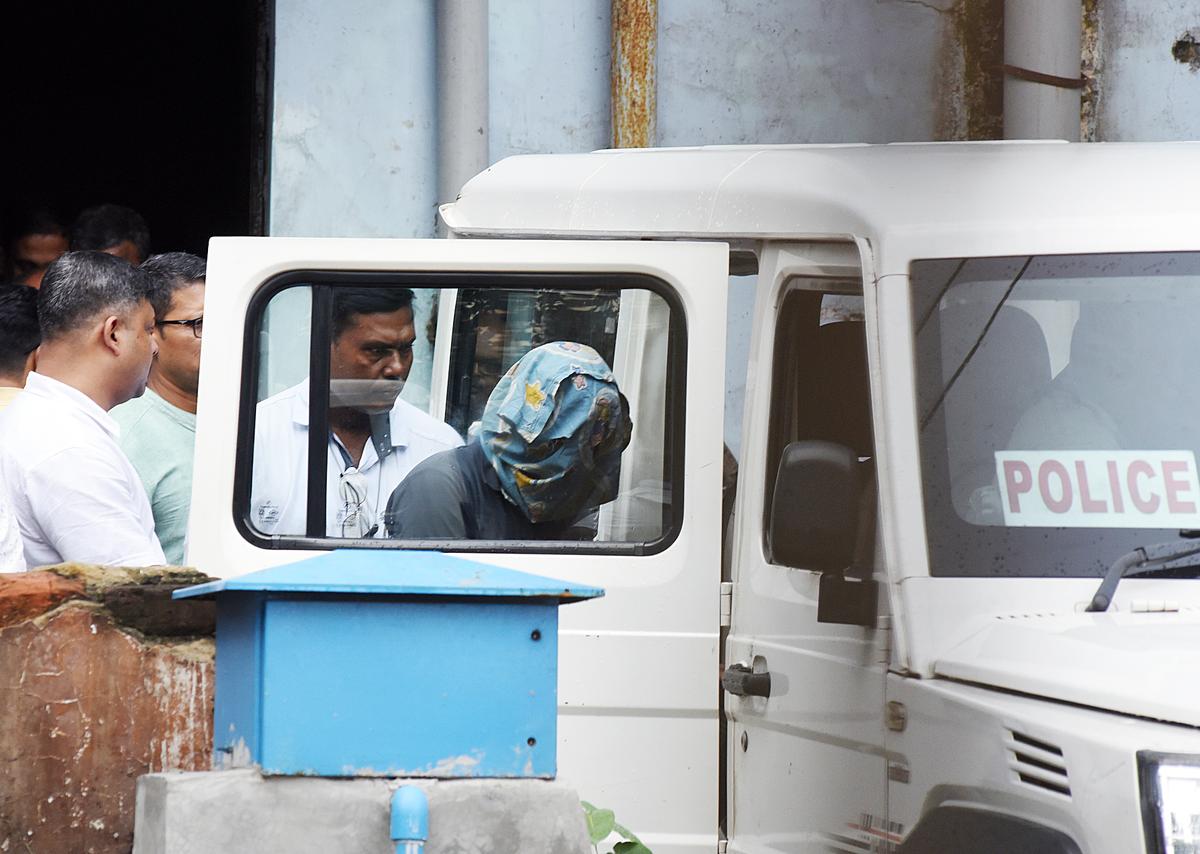

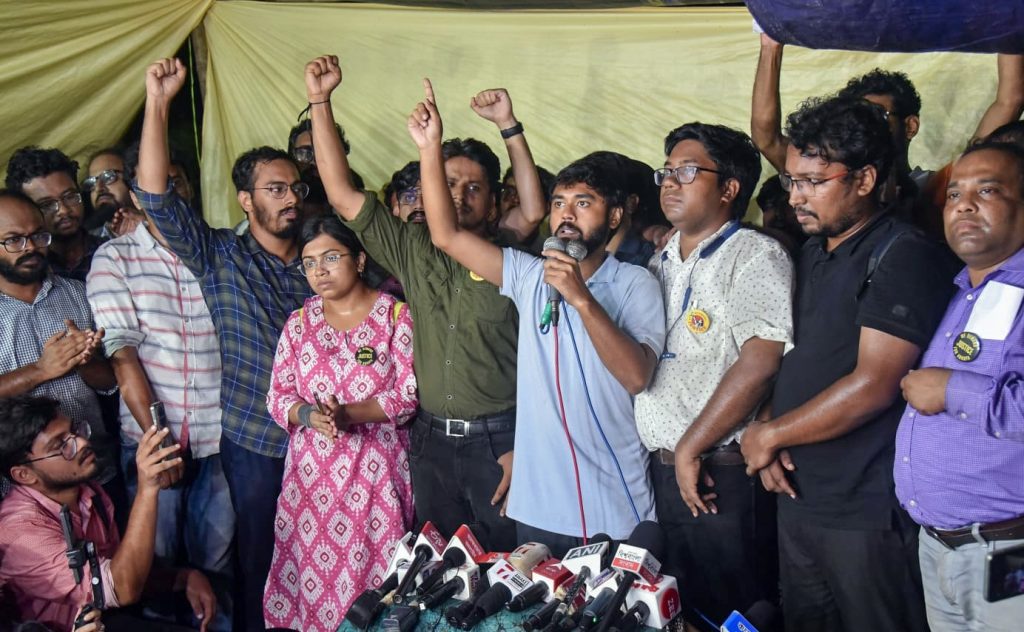



























































































.png)
 (1).png)























